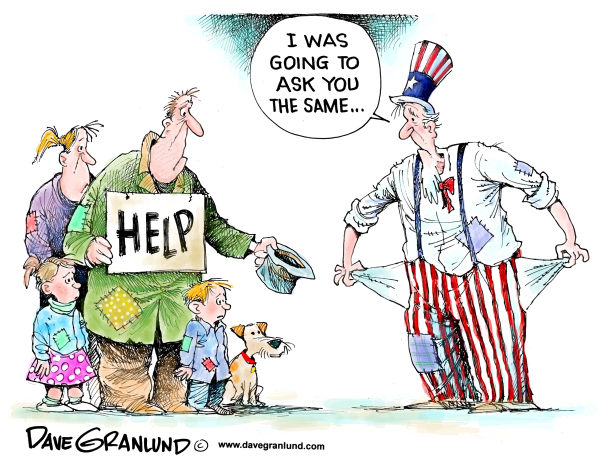In today's BT paper, it was reported that Ministry of Youth, Culture and Sport (MYCS) with the collaboration of Women's Business Council (WBC) is organizing a 3 day workshop on social enterprise. It aims to introduce the concept of social enterprise with a welfare element in order help the society to benefit from the new concept. Further reading can be found on the following link:
http://www.bt.com.bn/news-national/2011/11/22/citizen-empowerment-growth-vital
My view is that in their rush to create justifications for reducing the footprint of government on the economy (and society), policymakers, public, economists and etc have invented a number of new “approaches” to economic development, unemployment and poverty which rely on an increased private sector presence. Concepts such as social entrepreneurship and new regionalism emerged as the governments embraced the so-called Third Way – neither free market (right) or government regulation (left) – as a way to resolve unemployment and regional disadvantage. Microcredit was another version and the 2006 Nobel Prize was awarded to the Grameen Bank in Bangladesh and its founder. The media held microcredit out in various positive ways but gave the impression that it was another solution.
However, insiders knew it was not but then I have always argued that the best solution for poverty is to initially create decent paying jobs. I have also argued that only the government has the capacity to really intervene in this way. For it is was “profitable” in the free market sense, the private sector would have already done it.




